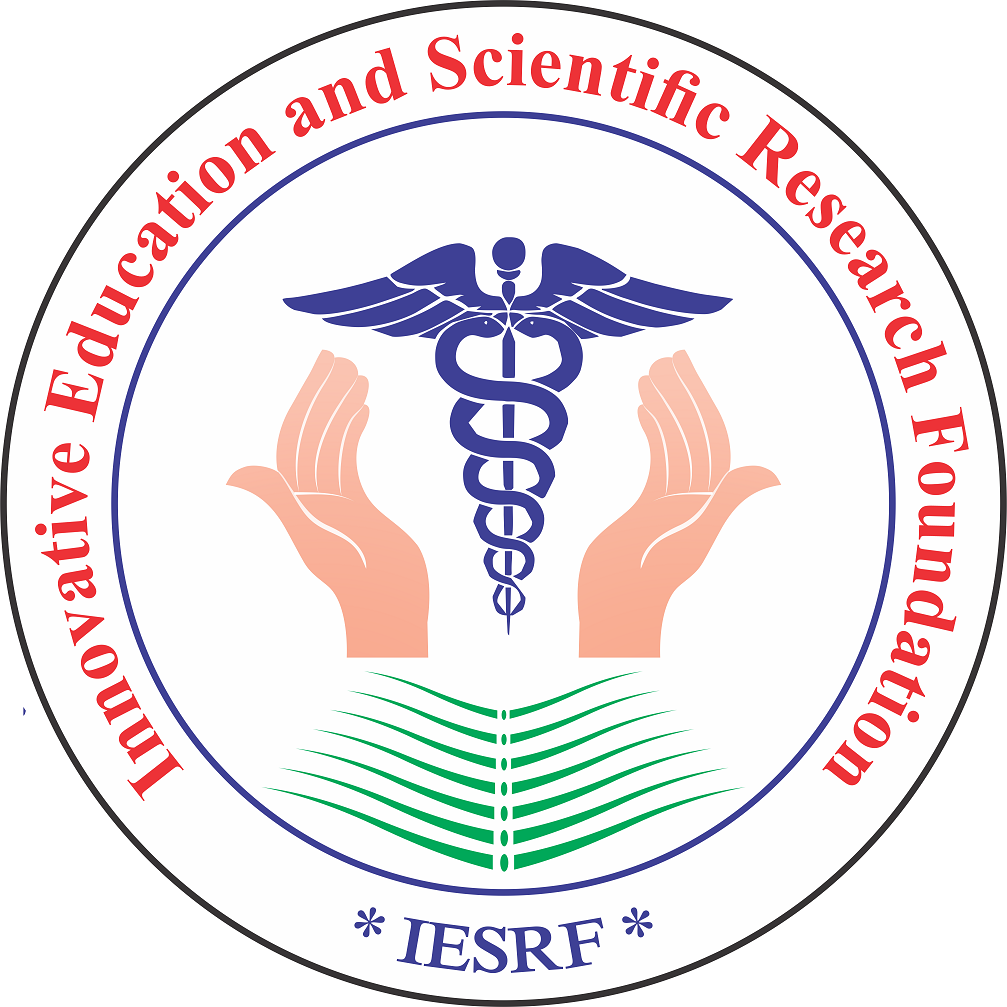Ahead of Print
Association of GATA4 polymorphisms with the risk of hypospadias and congenital heart defects in Indian children: A Review
Authors: DIVIA PAUL ARICATT, NEHA SAMAPRIYA, SOMESH M.S.
DOI: 10.18231/j.ijcbr.13060.1759558940
Keywords: GATA4 polymorphism, Congenital heart disease, Hypospadias, Developmental anomalies, South Asian population
Abstract: Background: Congenital heart disease (CHD) and hypospadias are common developmental anomalies with both affecting approximately 1% of neonates. Emerging data suggest these conditions often co-occur, hinting at shared genetic pathways. This review evaluates the role of GATA4, a transcription factor implicated in both cardiac and urogenital development, and its polymorphisms in the joint risk of CHD and hypospadias, with a focus on evidence relevant to South Asian and Indian populations. Methods: We conducted a comprehensive literature search (PubMed/Google Scholar) for studies on GATA4 variants, hypospadias, and CHD, including functional assays and epidemiological association studies. Results: Several GATA4 polymorphisms—especially rs12458, rs1139244, and c.620C>T—have been associated with either hypospadias or CHD in diverse populations. A single Chinese cohort reported rs12458’s association with hypospadias (OR 1.42) [6], while rs1139244 was linked to CHD in Chinese children (OR 1.33) [8], and c.620C>T was noted in South Indian CHD cases [7]. Functional assays confirm that these variants modulate GATA4 expression or activity in vitro. Conclusion: GATA4 polymorphisms potentially bridge cardiac and urogenital developmental defects. Future case-control studies in Indian populations could elucidate these associations and enable targeted screening strategies.
